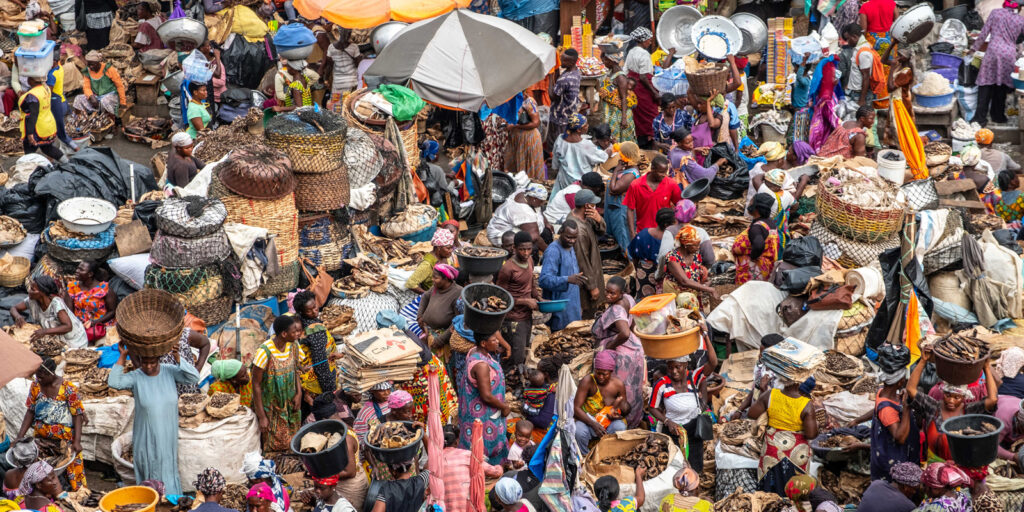Globally, our food systems are highly inequitable. In a world with enough food, hunger is becoming normalised for large numbers of people, while diets are worsening and obesity is rising.

Racialised minorities are more at risk from obesity than other groups; indigenous communities have poorer diets than majority populations. Many of the 4.5 billion people working in food systems endure low-paid, insecure jobs. Small-scale farmers and women are often the most vulnerable.
In rural areas communities can be forced off their land and in urban areas, people on low incomes lack access to good-quality food. These inequities are a result of deliberate choices made by powerful entities, and a product of social and economic norms. But by understanding the power imbalances within food systems and identifying the underlying causes of vulnerability, we believe that it is possible to develop pathways which can tackle these inequities.
Bringing together studies from Africa, Europe, Latin America and Asia, this report identifies four ways to challenge the power imbalances that are creating inequities in food systems:
Place more emphasis on bringing together community- and government level actions which can specifically target inequity. Inequities can be tackled when communities and governments work together, with a shared understanding of what is needed to overcome challenges such as hunger, poor nutrition or low-paid work in the food sector.
Pursue multiple approaches to tackling challenges within food systems, rather than investing heavily in single initiatives, which are likely to lack inclusivity and lead to lock-ins. Single ‘solutions’ or innovations can exacerbate inequities rather than addressing them.
Pay closer attention to who will benefit most from proposed solutions, challenging initiatives where they do not explicitly support marginalised people. Technological innovations to improve food security usually benefit those who already hold powerful positions, and top-down ‘development’ programmes can often exacerbate inequities.
Find spaces for the voices of those suffering from inequity. A lack of democracy in food systems is a core reason for many of the inequities analysed in this report. Challenging the dominance of businesses, and bringing civil society voices into policymaking, are crucial steps.